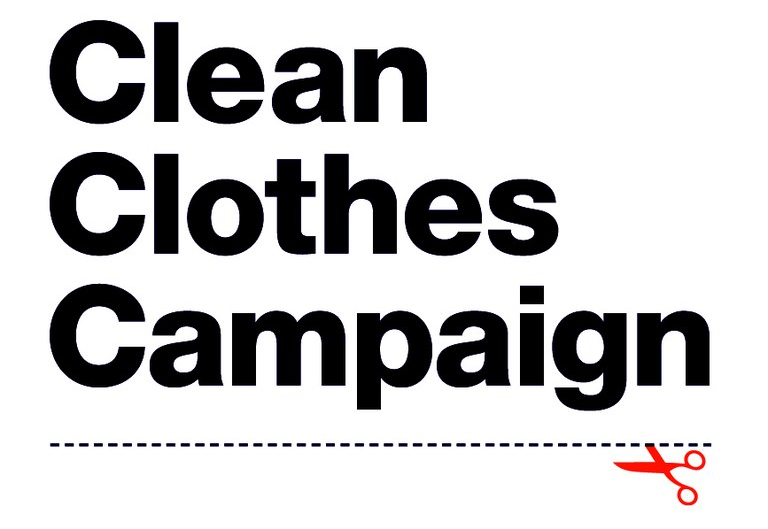Search results
7 results
Sort by:
The Europe Floor Wage benchmark estimates a living wage for garment workers in Central, East and Southeast Europe
Clean Clothes Campaign is taking another step in the continuous struggle to improve the working conditions and empower workers in the global garment and sportswear industries by introducing the Europe Floor Wage: a cross-border base living wage benchmark for Central, East and Southeast Europe.
Europe Floor Wage Background paper 2022
The Europe Floor Wage is vital for the Clean Clothes Campaign’s strategy. Global fashion brands and retailers should – as principal employers – pay the full price to their suppliers, i.e. a price which includes a living wage instead of a poverty wage for garment workers. The reality is that the gap between the wages workers earn and a wage their families can live on is huge. This wage gap tends to be bigger in Europe than in Asia. In 15 European countries where garments are produced the gap is on average 1 : 4. Though the right to a living wage is a human right, workers’ actual wages are far below a living wage and in Central, East and South-Eastern Europe even fall considerably below the EU poverty line.
CCC Turkey COVID research report
Research carried out by CCC Turkey into the impact of the pandemic on the garment and textile industry
Another wage is possible: A cross-border base living wage in Europe.
We put forward a cross-border living wage proposal for European production countries and explain why national governments keep legal wages below the poverty line. We detail how we calculate a living wage and the human rights violations the garment industry is founded on. Brands and retailers have built their wealth by under paying their suppliers for decades. Read more about how they can end exploitation in their supply chains.
Civil society joint reaction to the European Parliament report on an EU Strategy for Sustainable and Circular Textiles
Today the European Parliament has sent an unequivocal signal, with 600 positive votes, that the textile industry needs to transform its practices towards true respect of social and environmental rights. With this report, the European Parliament has improved the Commission’s original proposal by showing that social and environmental aspects are two sides of the same coin. Moreover, the European Parliament acknowledges the global dimension of the industry, as well as its specific challenges related to social issues, the gender-dimension, and overproduction.
Sector specific standards needed for European Corporate Sustainability Reporting
Brussels, July 2022 – We, the undersigned organisations, welcome the European Commission’s legislation on Corporate Sustainability Reporting. We believe that this is an important step towards accountability, transparency and responsible business conduct. The garment sector has a high risk of human rights violations and negative environmental impacts. We therefore urge the European Financial Reporting Advisory Group (EFRAG) to set up sector specific standards for the garment sector.
Turkey's garment industry profile
1,5 million workers in Turkey make garments for many global fashion brands, including: Adidas, Banana Republic, Benetton, Boohoo, C&A, Esprit, GAP, G-star, Hugo Boss, H&M, Inditex – Zara, Levi’s, Marks & Spencer, Next, Nike, Puma, Primark, Urban Outfitters, and VF. The top five export destinations for clothing made in Turkey are Germany, Spain, UK, Netherlands and France. Despite the big-name brands these workers produce for, new research shows that garment workers earn poverty pay which leaves them struggling to survive, highlighting the inadequacy of the legal minimum wage.
